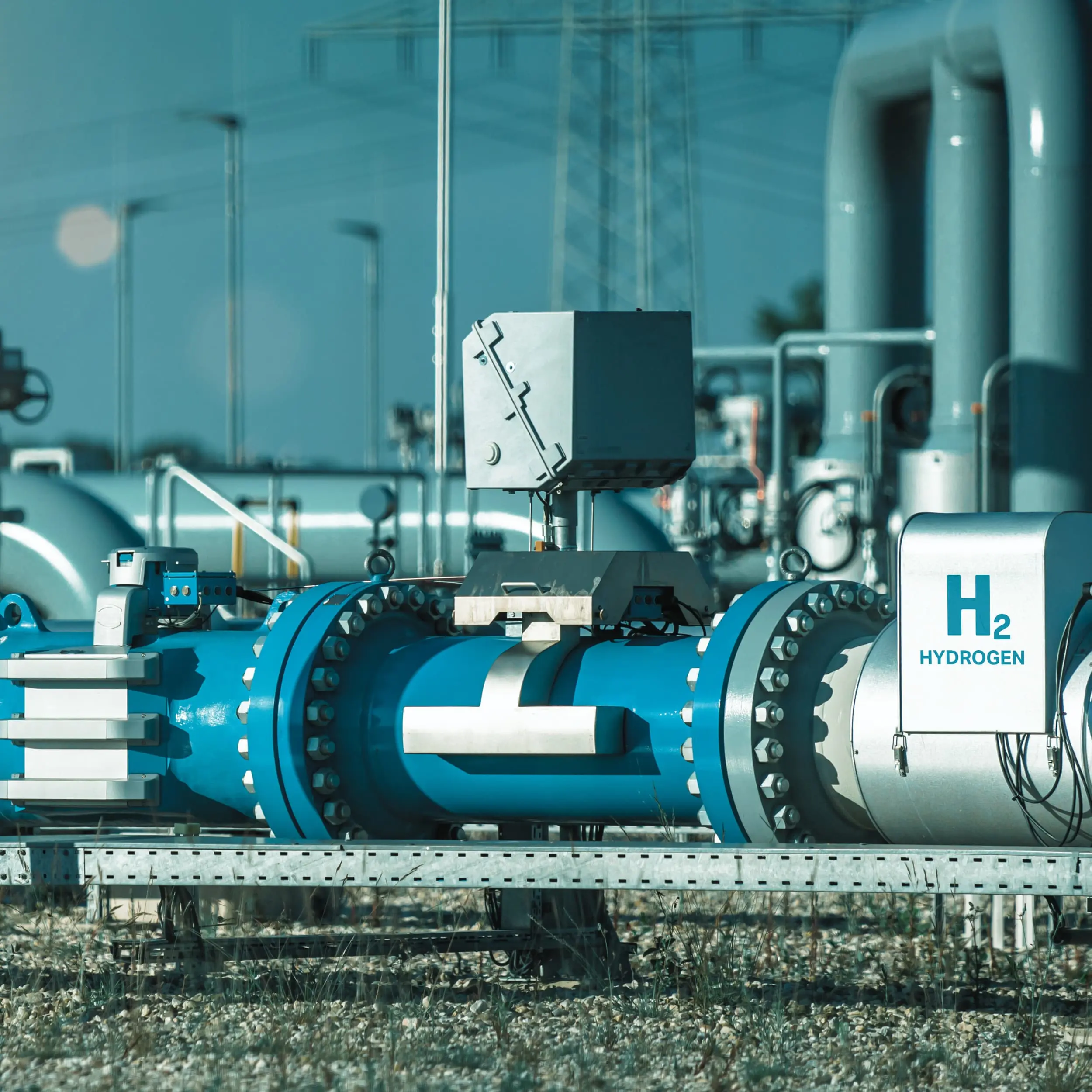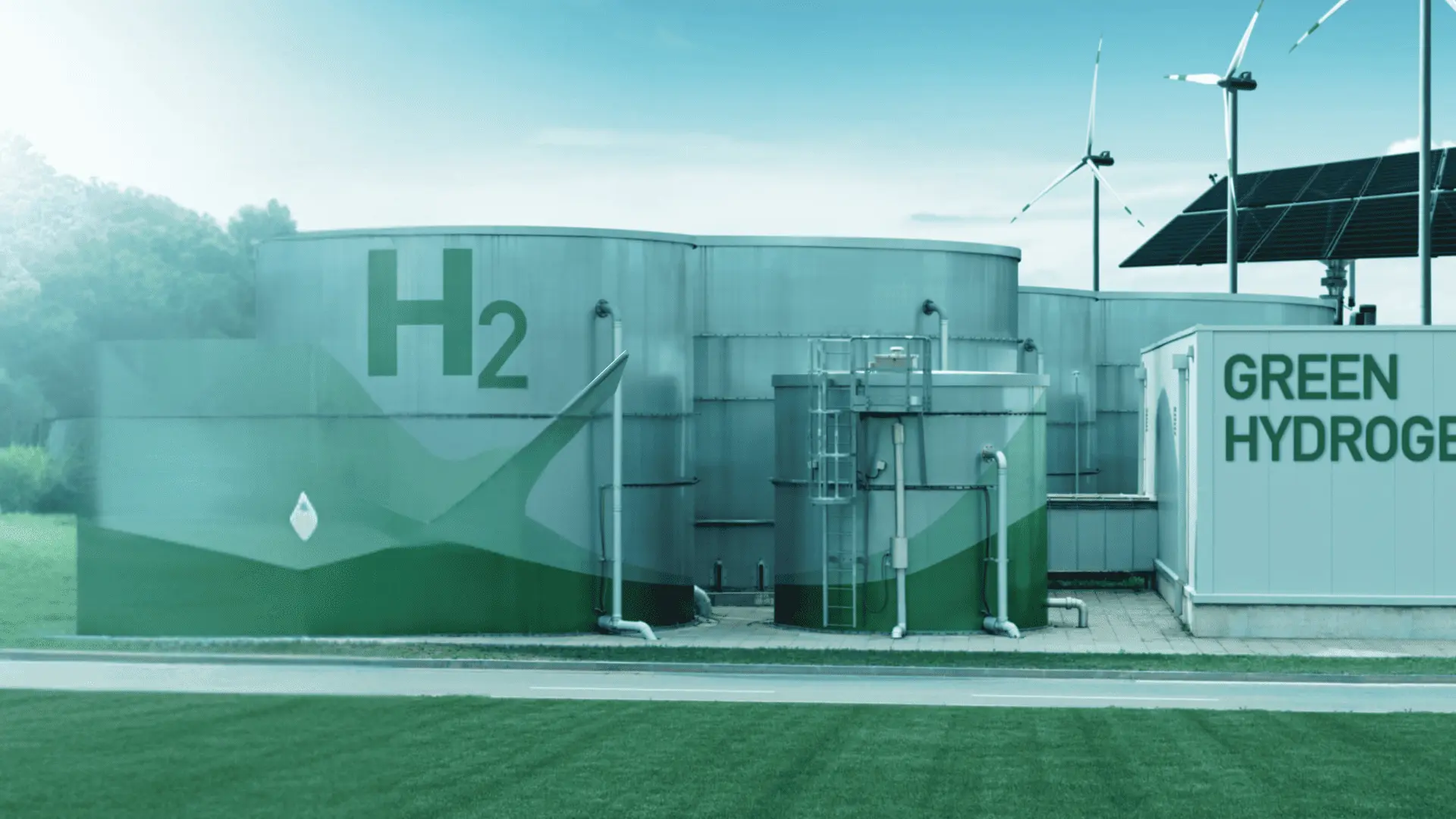The Centre of Excellence for Safety Research
(CESAR)
- CESAR was established under the prestigious ERA Chairs scheme and led by Prof. Ernesto Salzano at the Faculty of Safety Engineering, VSB–Technical University of Ostrava, is envisioned as a regional hub dedicated to advancing safety in alternative energy systems.
- With a strong focus on hydrogen technologies, CESAR is committed to addressing the safety challenges posed by emerging energy solutions. The Centre’s mission is to lead in the understanding, mitigation, and management of risks across the entire hydrogen value chain — from production and storage to distribution and end use.
- CESAR strives to pioneer innovative safety strategies and shape a resilient, secure energy future. Through interdisciplinary collaboration and stakeholder engagement, the Centre also aims to become a vibrant platform for knowledge exchange, bringing together experts, researchers, and industry partners across the region and beyond.
Key Goals
![]() Enhance research capacity and international competitiveness in safety research.
Enhance research capacity and international competitiveness in safety research.
![]() Support systemic changes by fostering internationalization and a strong research culture.
Support systemic changes by fostering internationalization and a strong research culture.
![]() Connect with European research networks and projects to strengthen collaborations and innovations.
Connect with European research networks and projects to strengthen collaborations and innovations.

Outputs
The CESAR project will deliver:
- World-class safety research findings and methodologies.
- Training programs and resources for researchers and industry professionals.
- Increased visibility and impact through publications, conferences, and PR campaigns.
- Enhanced international collaboration and network-building in the safety field.

Objectives
CESAR aims to achieve excellence in both research and management by focusing on:
- Building top-tier research in hydrogen safety and alternative energy sources.
- Strengthening international collaborations with academic and industrial partners.
- Improving research management processes at the Faculty.
- Establishing support systems for young researchers, including training and career development.
- Promoting a culture of openness and internationalization.

Research Areas
CESAR focuses on research in:
- Hydrogen Safety: Developing innovative solutions to ensure the safe use and storage of hydrogen.
- Alternative Energy Sources: Exploring the safety challenges of emerging energy technologies.
- Risk Analysis and Management: Creating advanced methodologies for risk identification, assessment, and mitigation.

Activities
CESAR's work is divided into key activities and work packages:
- Recruitment of five top-tier scientists in 2025, with plans to expand the team further.
- Conducting large-scale laboratory experiments, mathematical modeling, and risk analysis.
- Training in research management for administrative staff and project support for researchers.
- Establishing an attractive research environment with community activities for international scientists.
- Effective project management, monitoring, and reporting.
- Dissemination and exploitation activities, including publications, conferences, and public relations efforts.

Outputs
The CESAR project will deliver:
- World-class safety research findings and methodologies.
- Training programs and resources for researchers and industry professionals.
- Increased visibility and impact through publications, conferences, and PR campaigns.
- Enhanced international collaboration and network-building in the safety field.

Objectives
CESAR aims to achieve excellence in both research and management by focusing on:
- Building top-tier research in hydrogen safety and alternative energy sources.
- Strengthening international collaborations with academic and industrial partners.
- Improving research management processes at the Faculty.
- Establishing support systems for young researchers, including training and career development.
- Promoting a culture of openness and internationalization.


